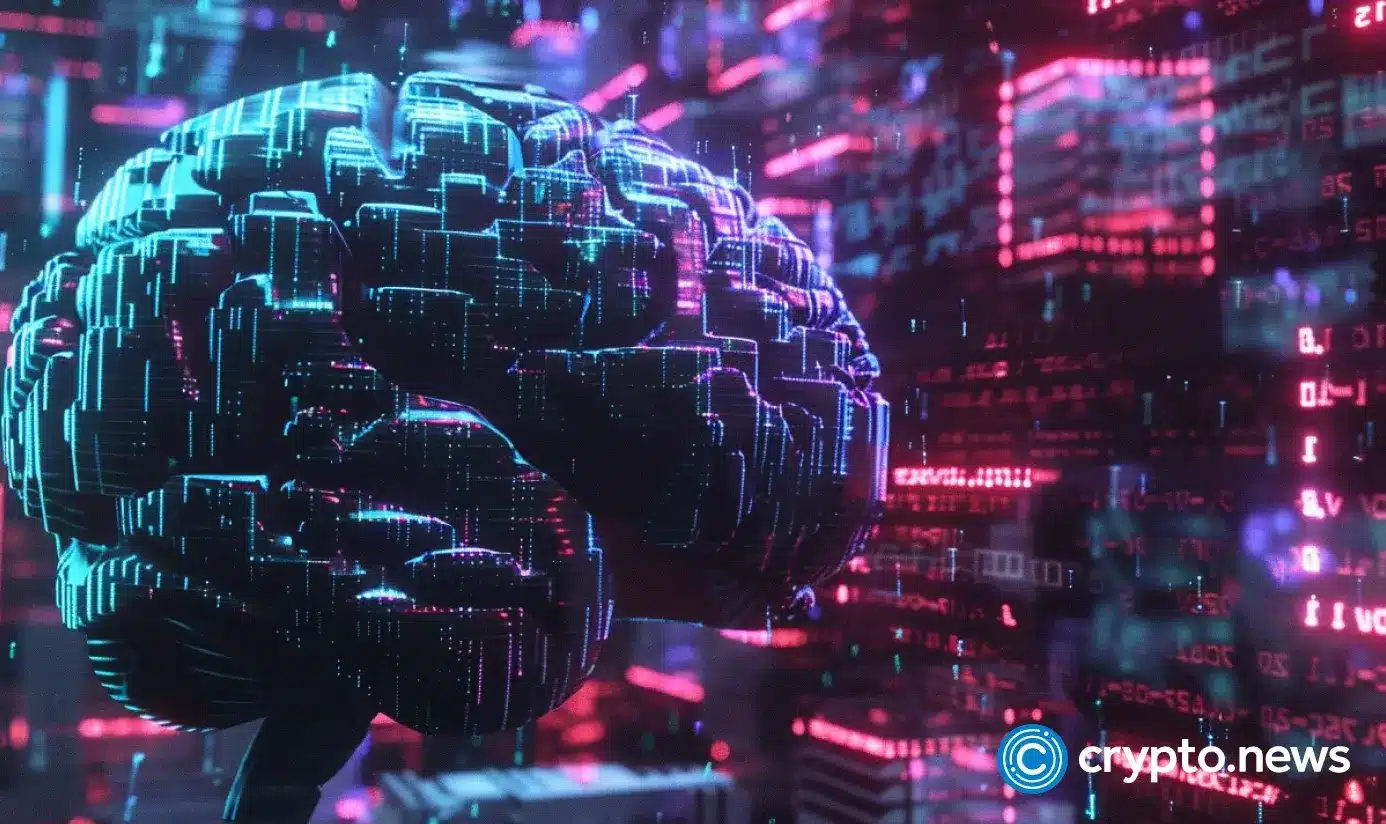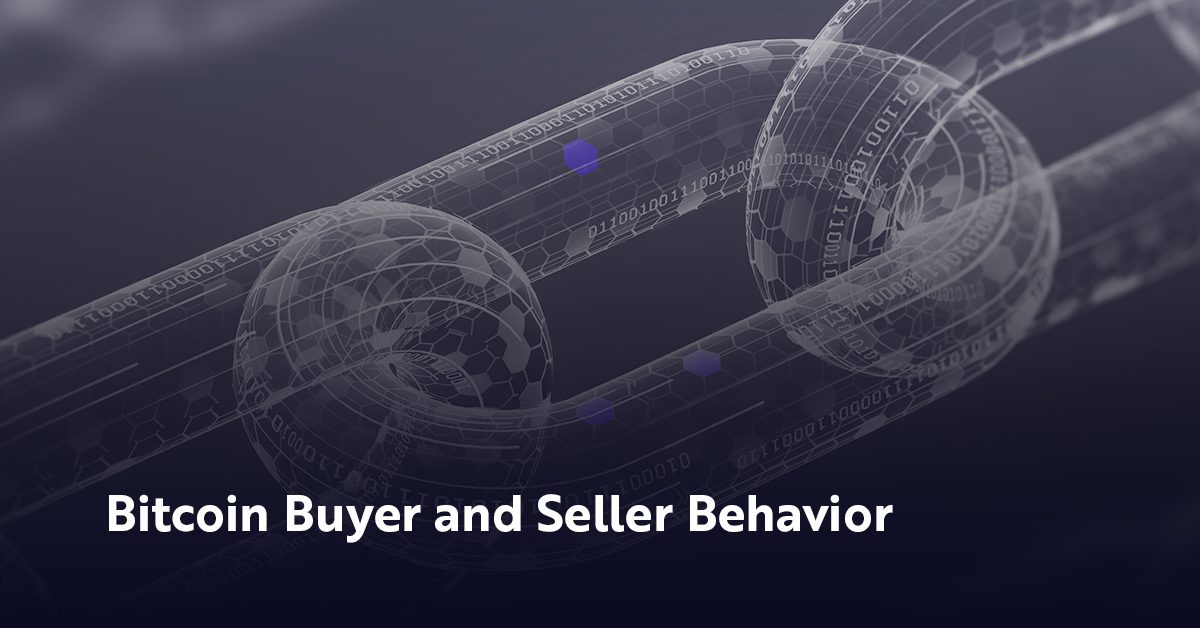Disclosure: The views and opinions expressed here belong solely to the author and do not represent the views and opinions of crypto.news’ editorial staff.
Artificial intelligence (AI) is advancing rapidly, yet its development and deployment is largely controlled by a few powerful entities. This concentration of power raises significant privacy, security and fairness concerns. As AI continues to transform industries and societies, it is crucial to explore solutions that can democratize its benefits and reduce its risks. Blockchain technology offers a promising way forward by enabling decentralized, transparent and secure AI systems.
Large corporations with access to vast amounts of data and computing power dominate the current AI landscape. This centralization presents several problems. Privacy issues arise as users’ personal data is often collected and used without express consent, leading to potential abuse and violations. Monopolization of power by a few entities stifles innovation and limits diverse contributions. Additionally, centralized AI systems are vulnerable to being manipulated for harmful purposes, such as spreading misinformation or conducting surveillance.
The reality of AI development today is that it is not just the result of autonomous machine learning, but rather a mixture of reinforcement learning and human intelligence. A striking example of this was when details of Amazon’s “Just Walk Out” technology came to light. Instead of technology alone counting customer purchases, around 1,000 real people manually checked the sales. This collaboration between human intelligence and AI systems is often overlooked, but it highlights the significant human element in AI processes.
Blockchain technology, with its decentralized and transparent nature, can effectively address these challenges. It improves security and privacy by enabling secure data sharing and storage through cryptographic techniques, ensuring users retain control over their information. By distributing power across a network, blockchain reduces the risk of monopolization and promotes a more collaborative AI development environment. It can also trace the provenance of data and ensure its integrity and legitimacy, which is essential for training reliable AI models.
Decentralization in AI can reduce several risks associated with the current centralized model. The Center for Secure AI identifies four broad categories of AI risk: malicious use, AI race, organizational risks, and rogue AI. Malicious use includes the deliberate use of powerful AIs to cause widespread harm, such as engineering new pandemics or using AI for propaganda, censorship and surveillance. The AI race risk involves corporations or nation-states competing to build more powerful systems faster and taking unacceptable risks in the process. Organizational risks include serious industrial accidents and the potential for powerful programs to be stolen or copied by malicious actors. Finally, there is the risk of rogue AI, where systems can optimize flawed goals, drift away from their original goals, become power-seeking, resist closure, or practice deception.
Regulation and good governance can contain many of these risks. Malicious use can be addressed by limiting queries and access to various features, and the court system can hold developers accountable. Risks from rogue AI and organizational issues can be mitigated through common sense and promoting a security-conscious approach to the use of AI. However, these approaches do not address some of the second-order effects of AI, such as centralization and the perverse incentives left over from old web2 companies.
For too long, we’ve traded our private information for access to tools. Although withdrawal is possible, it is often inconvenient for most users. AI, like any other algorithm, produces results that are directly linked to the data it was trained on. Huge resources are already devoted to cleaning and preparing data for AI. For example, OpenAI’s ChatGPT is trained on hundreds of billions of lines of text from various sources, but also relies on human input and smaller, more customized databases to refine its output.
Creating a blockchain layer in a decentralized AI network can mitigate these problems. We can build AI systems that trace the provenance of data, maintain confidentiality, and allow individuals and enterprises to charge for access to their specialized data using decentralized identities, validation staking, consensus, and rollup technologies such as optimistic and zero-knowledge proofs. It could shift the balance away from large, opaque, centralized institutions and provide individuals and businesses with an entirely new economic system.
On the technological front, ensuring the integrity, ownership and legitimacy of data (model auditing) is crucial. Blockchain can provide an immutable audit trail for data, ensuring its authenticity and enabling fair compensation for data providers. Techniques such as zero-knowledge credentials and decentralized identities allow users to contribute data without compromising their confidentiality. Decentralized AI networks enable diverse stakeholders to participate in AI development, from data providers to infrastructure operators, creating a more equitable ecosystem.
In addition to improving data integrity, decentralized AI systems offer improved security. Cryptographic techniques and security protection certification systems ensure that users can secure their data on their devices and control access to their data, including the ability to revoke access. This is a significant advance from the existing system, where valuable information is simply collected and sold to centralized AI companies. Instead, it enables broad participation in AI development.
Individuals can engage in various roles, such as creating AI agents, providing specialized data, or offering intermediary services such as data labeling. Others may contribute by managing infrastructure, operating nodes or providing validation services. This inclusive approach allows for a more diversified and collaborative AI ecosystem.
Decentralized AI also addresses the issue of job displacement caused by AI advances. As AI systems become more capable, they are likely to significantly impact the job market. By incorporating blockchain technology, we can create a system that benefits everyone, from data providers to developers. This inclusive model can help distribute the economic benefits of AI more equitably, preventing the concentration of wealth and power in the hands of a few large corporations.
Furthermore, the integration of blockchain and AI can promote innovation by promoting open source development and collaboration. Decentralized platforms can serve as a foundation for the development of new AI applications and services, encouraging a diverse range of contributors to participate in the AI ecosystem. This collaborative environment can lead to the creation of more robust and innovative AI solutions, benefiting society as a whole.
Finally, the merging of blockchain and AI represents a significant advance in how we approach technology development. This shifts the balance of power away from centralized entities to a more distributed and collaborative model. This transition is essential to ensure that AI serves the broader interests of humanity rather than the narrow goals of a few powerful organizations. The future of AI lies in its decentralization, and blockchain is the key to unlocking this potential. By leveraging the inherent security, transparency and trustlessness of blockchain technology, we can build a more fair, secure and innovative AI ecosystem that benefits everyone.
Disclaimer for Uncirculars, with a Touch of Personality:
While we love diving into the exciting world of crypto here at Uncirculars, remember that this post, and all our content, is purely for your information and exploration. Think of it as your crypto compass, pointing you in the right direction to do your own research and make informed decisions.
No legal, tax, investment, or financial advice should be inferred from these pixels. We’re not fortune tellers or stockbrokers, just passionate crypto enthusiasts sharing our knowledge.
And just like that rollercoaster ride in your favorite DeFi protocol, past performance isn’t a guarantee of future thrills. The value of crypto assets can be as unpredictable as a moon landing, so buckle up and do your due diligence before taking the plunge.
Ultimately, any crypto adventure you embark on is yours alone. We’re just happy to be your crypto companion, cheering you on from the sidelines (and maybe sharing some snacks along the way). So research, explore, and remember, with a little knowledge and a lot of curiosity, you can navigate the crypto cosmos like a pro!
UnCirculars – Cutting through the noise, delivering unbiased crypto news















